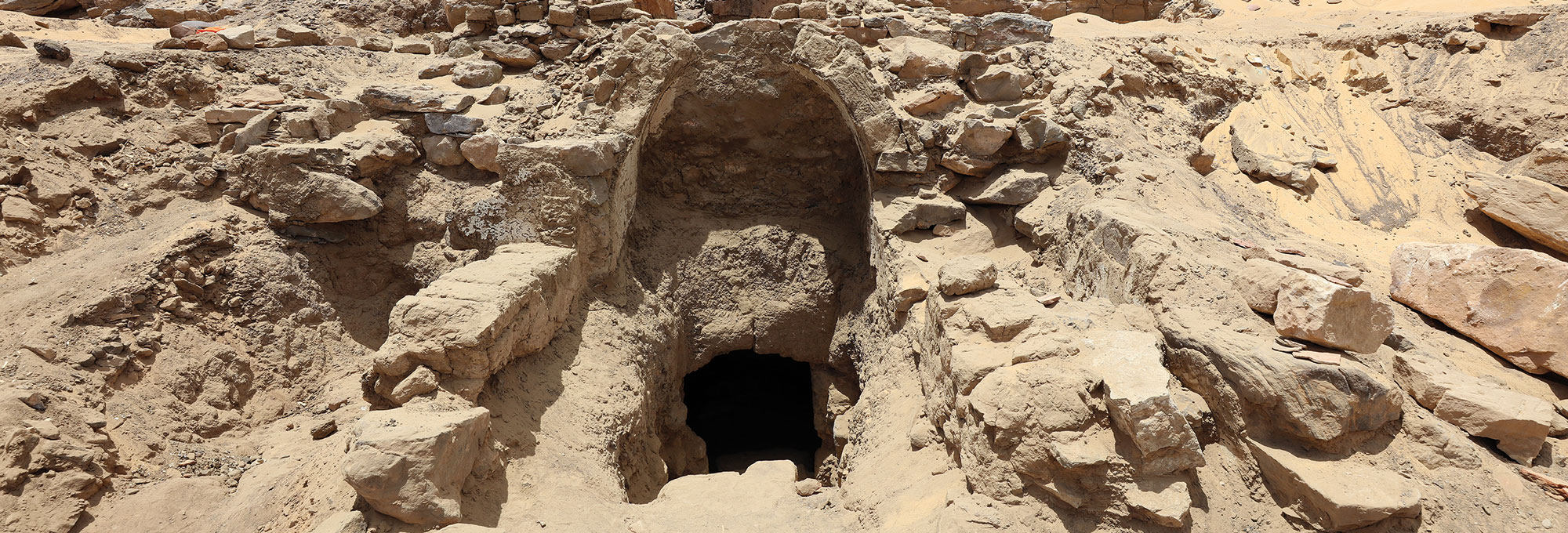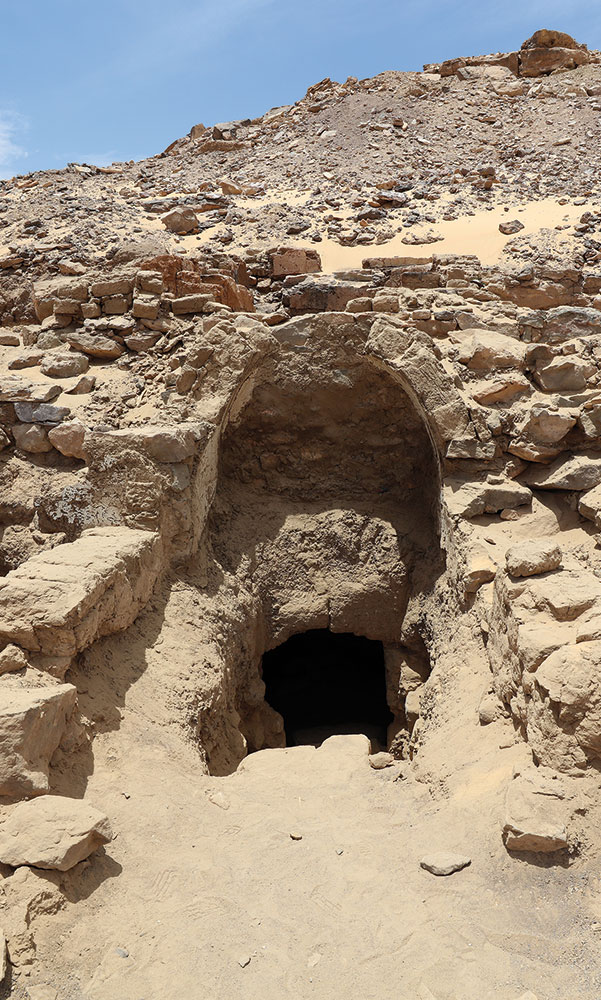NAGOYA, JAPAN—The Mainichi reports that the Middle Pleistocene fossils known as “Ushikawa Man,” once suggested to be the oldest known human remains in Japan, are actually bear bones. Paleoanthropologist Gen Suwa of the University of Tokyo’s University Museum and his colleagues recently studied the bones, which were discovered in a quarry in the city of Toyohashi in 1957 and 1959. The scientists determined that the fossils were at least 20,000 years old, and then compared them to the bones of 11 brown bears and 13 Asian black bears, using computed tomography scans. The study suggests that the fossils likely came from a brown bear. “As bear bones more than 20,000 years old, they are also of great value as historical resources,” commented University Museum curator Noboru Murakami. “The explanatory text of the replicas on display in [the Toyohashi City Museum of Art and History] will be updated in due course after a review,” Murakami concluded. To read about the genetic origins of modern Japanese people, go to "Japan's Genetic History."
Japan’s “Ushikawa Man” Fossils Analyzed
News January 3, 2025
SHARE:
Recommended Articles
Features May/June 2025
Lost City of the Samurai
Archaeologists rediscover Ichijodani, a formidable stronghold that flourished amid medieval Japan’s brutal power struggles
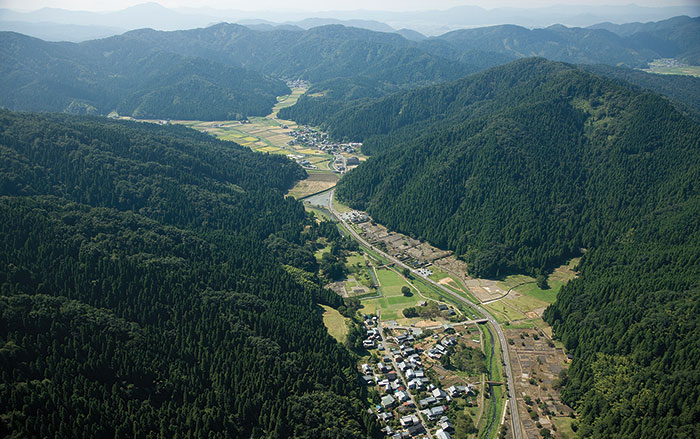
Tohan Aerial Photographic Service/AFLO
Digs & Discoveries March/April 2023
Weapons of Choice
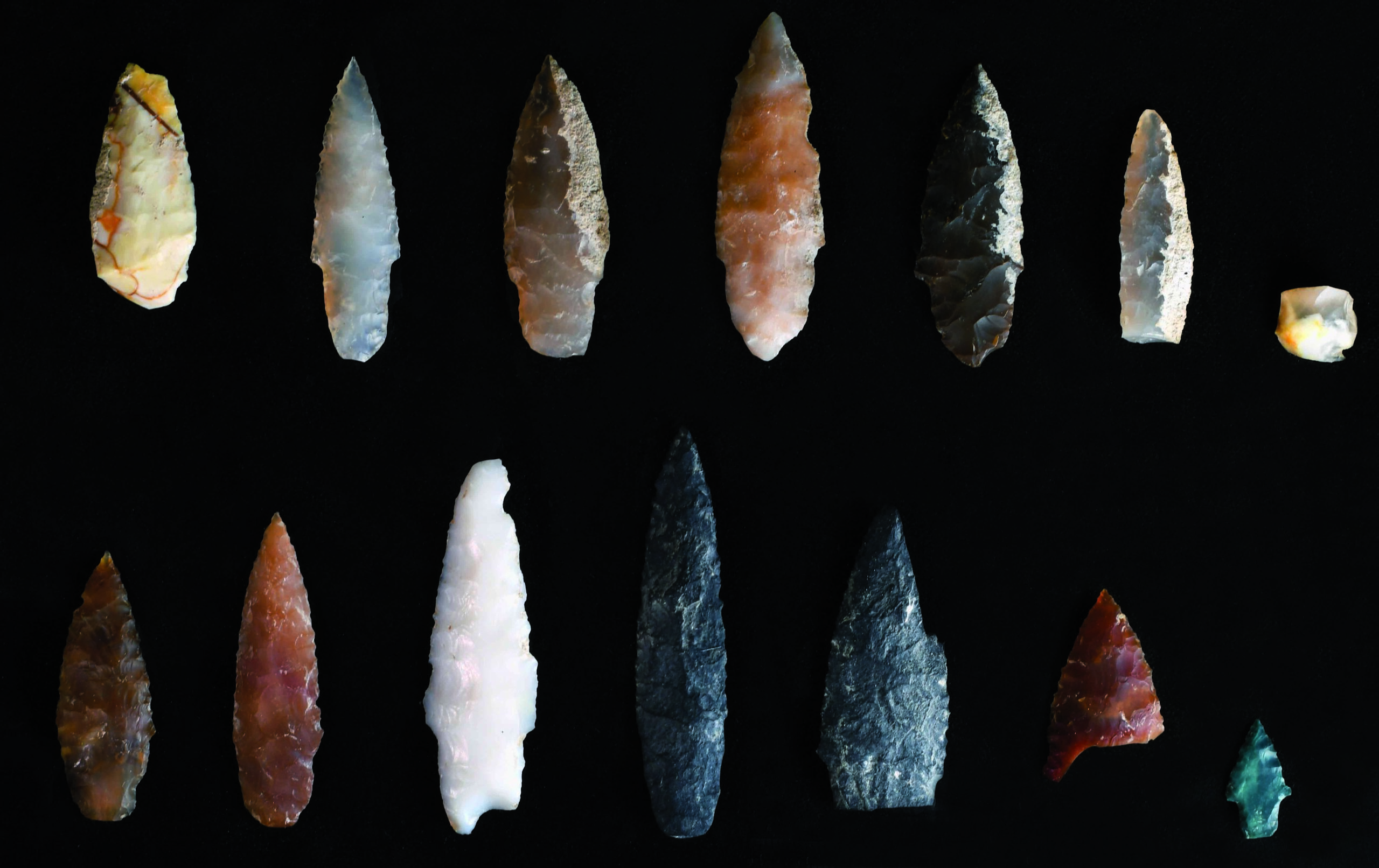
(Loren Davis/Oregon State University)
Digs & Discoveries January/February 2022
Japan's Genetic History
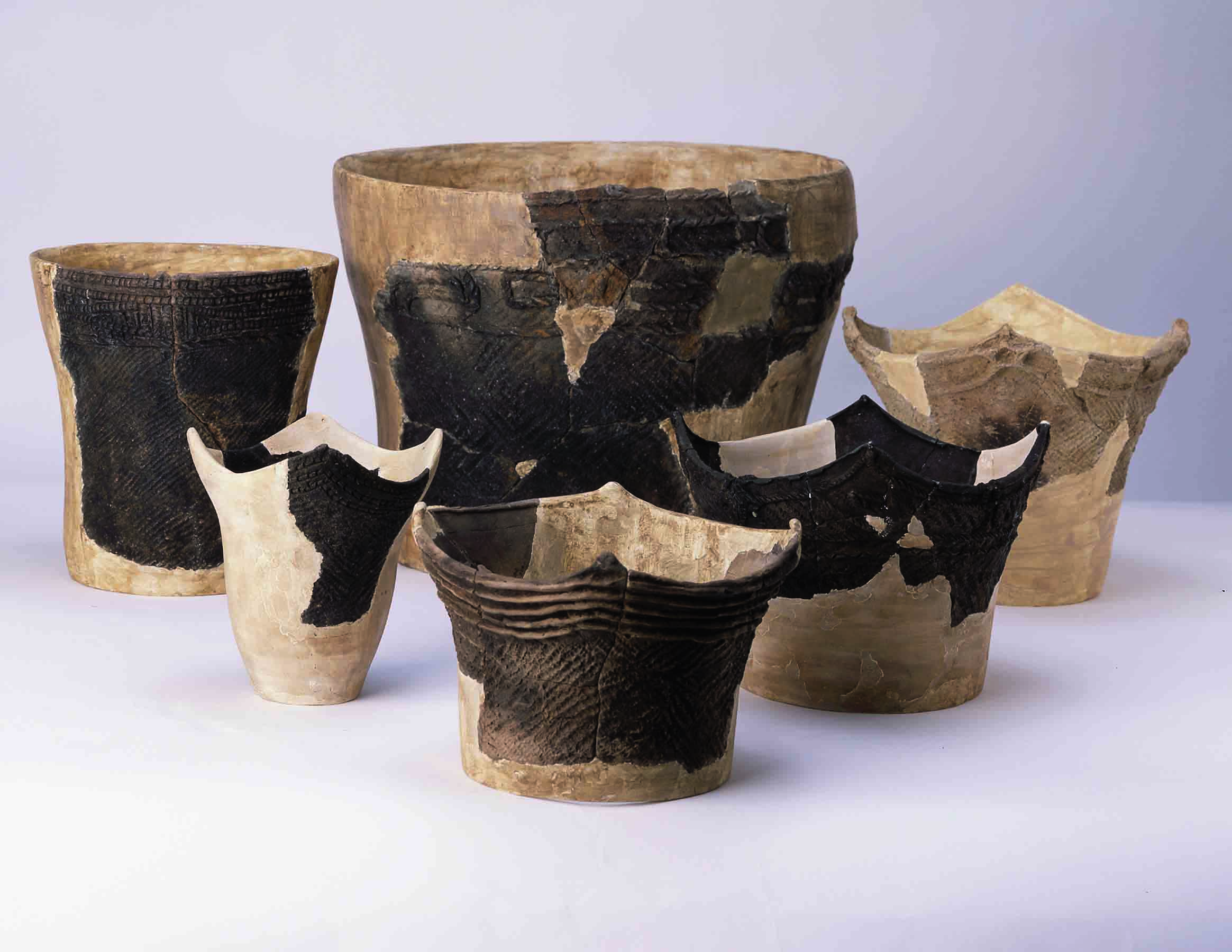
(Shigeki Nakagome, Assistant Professor in Psychiatry, School of Medicine, Trinity College Dublin)
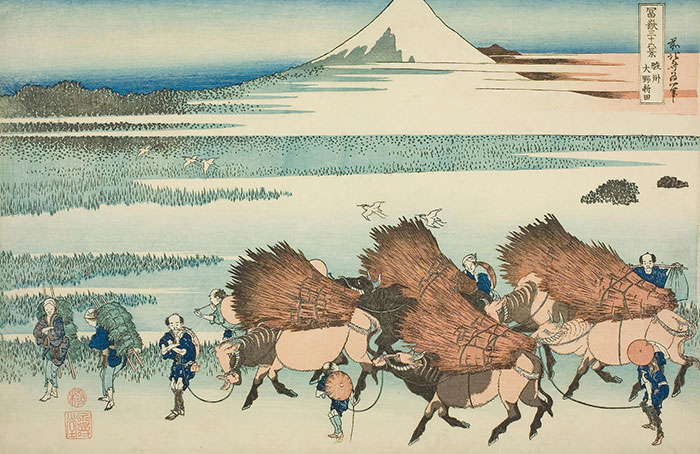
(Album/Alamy Stock Photo)
-
Features January/February 2025
Dancing Days of the Maya
In the mountains of Guatemala, murals depict elaborate performances combining Catholic and Indigenous traditions
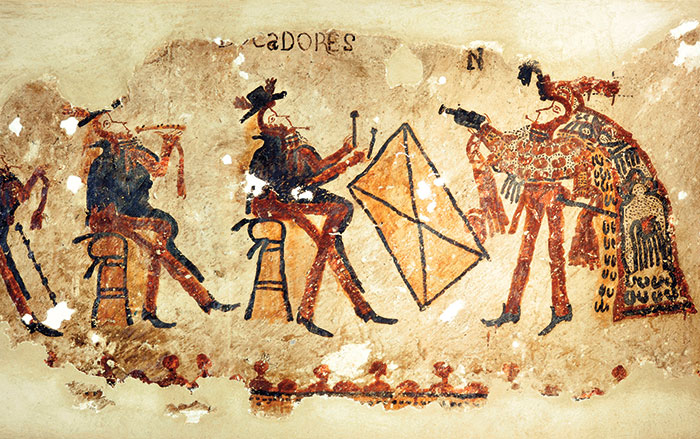 Photograph by R. Słaboński
Photograph by R. Słaboński -
Artifacts January/February 2025
Mesopotamian Sculpture of a Head
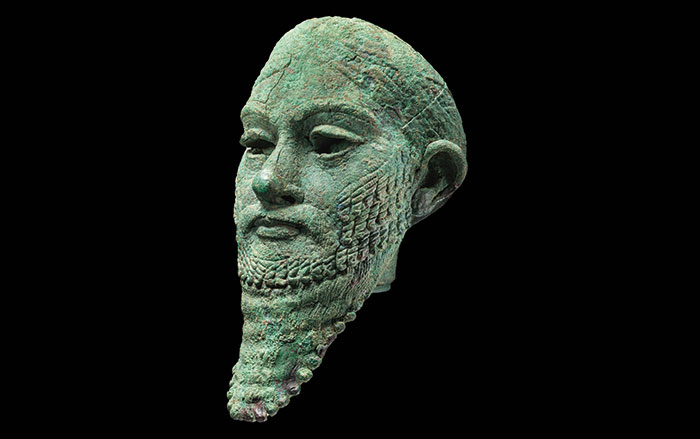 The Metropolitan Museum of Art, New York
The Metropolitan Museum of Art, New York -
Digs & Discoveries January/February 2025
Bad Moon Rising
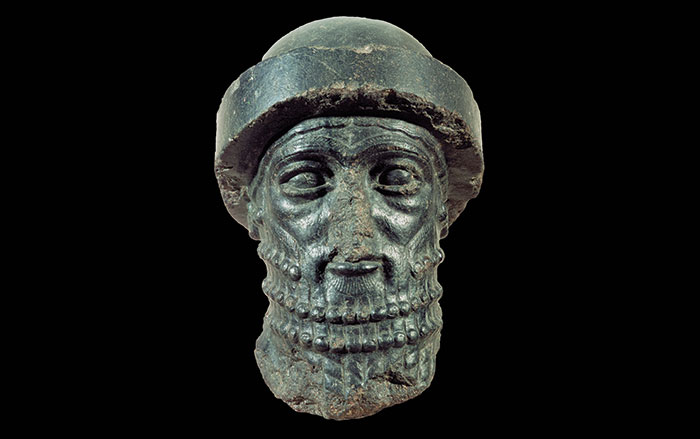 Erich Lessing/Art Resource, NY
Erich Lessing/Art Resource, NY -
Digs & Discoveries January/February 2025
100-Foot Enigma
 George E. Koronaios/Wikimedia Commons
George E. Koronaios/Wikimedia Commons


